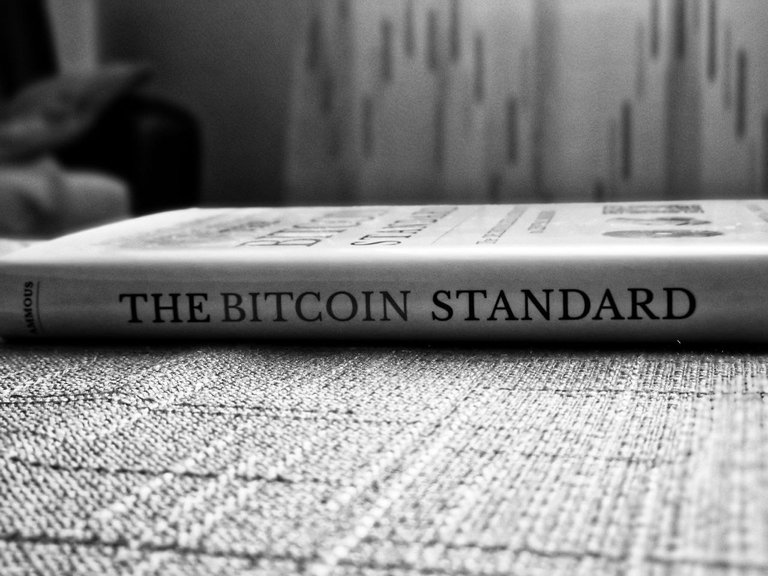EUDI: The Trojan Horse
I went on a "dental floss hunt" yesterday, as I mentioned in my previous post for the reasons explained in that post. To my surprise, I ended up doing this hunt in a mall 25 kilometers away from my town. I'm pretty obsessed with dental floss, and I only use one specific type due to the structure of my teeth...
Anyway, as I was strolling through the mall, I couldn't help but notice that the supermarket, which occupies a significant part of the mall, now has something like a quarter of its cash registers replaced with self-checkout machines. I'm not sure if they reduced the number of cashiers or if the existing ones are aware of what the future holds for them, but I found the situation rather eerie.
I do use these self-checkout services from time to time, but I do it voluntarily, and I don't rely solely on them when paying for goods at the supermarket. You know me; I'm not fond of giving away too much data to central databases about what I buy and where I go.
Recently, we've been inundated with footage and news from the Israel-Gaza conflict. While the masses are fixated on "the new war in town," the elites are quietly advancing their plan to digitize everything that can be digitized and further consolidate their control over us through centralized means.

The EU Digital Wallet, often referred to as the EU Digital Identity Wallet (EUDI), is slated to be offered to the European public in the years ahead. According to the European Commission, “EU Digital Identity Wallets are personal digital wallets allowing citizens to digitally identify themselves, store and manage identity data and official documents in electronic format. These may include a driving licence, medical prescriptions or education qualifications.”
As legislation streamlining their slated use across Europe is finalized, the European Commission is advancing its efforts to roll out EUDIs amongst the general European public, where over 250 private corporations and public authorities are participating in four large-scale pilot projects. At the time of writing, the EU has invested €46 million into these pilots.
Indeed, a wide range of use cases are already being tested in the EUDI pilot projects. These include using the wallets to access government services, register, and activate SIM cards for mobile network services, sign contracts, facilitate travel, and present educational credentials. All together, these use cases suggest the Digital Identity Wallets’ prospective utilization across a wide range of services essential to daily life.
source
The "deadline" for enrolling approximately 80% of the EU population is set for 2030. Hmm, that year sounds oddly familiar; I believe I've come across the significance of this year in the past...
This wallet, which will also serve as a form of identification, will undoubtedly be promoted as a convenient means of becoming part of the newly digitized world. But should we be all excited about this new shiny wallet that's clearly not a crypto wallet? Initially, it will undoubtedly offer some level of convenience to its users, and as a result, there will be quite a few who will embrace it right from the start.
However, on the flip side...
As Jeremy Loffredo and Max Blumenthal elucidate in 2021 reporting for the Grayzone, for example, the 2017 introduction of Aadhaar, India’s biometric ID system, “which tracks users’ movements between cities,” led to a spate of deaths in rural India as difficulties accessing the Aadhaar system functionally blocked goods and benefits recipients from accessing the country’s ration stores, leaving them to even starve. India’s Scroll reported that, in a random sampling of 18 villages in India where biometric authentication had been mandated to access government-subsidized food rations, 37 percent of cardholders were unable to obtain their rations.
source
You can't outsmart code and algorithms, and as code takes center stage, reverting to traditional authentication and payment methods will become nearly impossible. The fortunate few will relish the comfort of the digital era, while others will either be excluded or face severe challenges.
This digital wallet will come loaded with digital cash (CBDC), which is programmable money. It's a form of currency with an expiration date, spending restrictions, and links to social credit scores, all in the name of "better combating terrorism" and maintaining control. It also comes with the unsettling feature of being frozen at the authorities' discretion, a scenario that doesn't apply to existing forms of cash and identification methods.
True, you can face travel restrictions while under trial, have your bank accounts frozen, or even be "debanked," as seen in Nigel Ferguson's case (a poignant example of modern-day persecution). But at least you have options. You don't need to disclose your identity when entering a store or buying a simple toothpaste, and you can choose your preferred payment method.
Once this system becomes the norm, opting out will become extremely challenging, if not impossible. This raises a critical question: Is the current financial system intentionally collapsing? What are your thoughts on this matter?
Thanks for your attention,
Adrian
I'm sorry. You do not have enough social credits for unwaxed dental floss. Please make a different selection.
What can I do for more social credits sir?
Turn in your friends who are using bitcoins.
Don't have any 😀